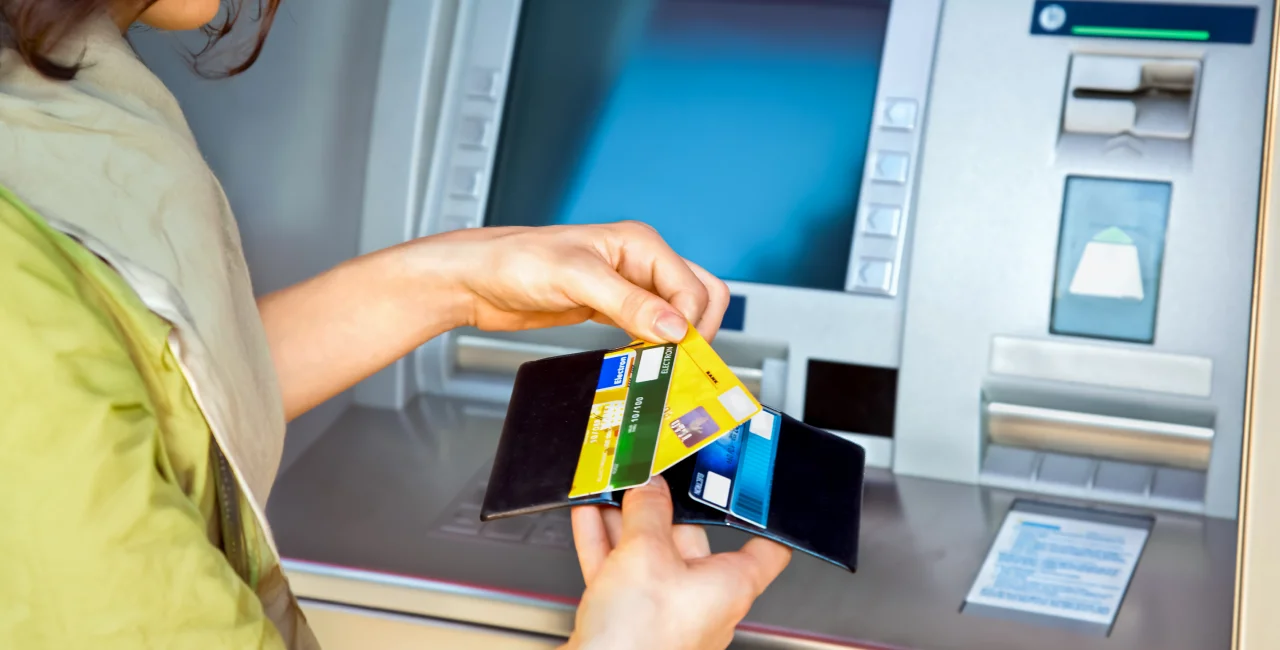If you’re going abroad this summer, you should be wary of not being overcharged when withdrawing cash or paying at payment terminals in-store. Dynamic currency conversion (DCC) is an often-overlooked tool employed by banks that give unfavorable exchange rates – the good news is that around half of all Czechia-based banks offer the option to block DCC.
When abroad and trying to take out cash from an ATM or buy something, you’ll often have two choices: to use either the local currency or DCC. Choosing the local currency means your bank or credit card company will convert the transaction to your home currency at their exchange rate, which may include additional fees. On the other hand, choosing DCC means the merchant or ATM will convert the transaction to your home currency at their own exchange rate.
PARTNER ARTICLE
To choose or decline?
Experts in financial magazine Peníze.cz explain that using DCC is usually considered worse because the exchange rate offered is typically less favorable than that given by your bank or credit card company. On top of this, DCC often comes with added fees. At ATMs, consumers should choose the option that does not offer automatic conversions.
However, Peníze explains that DCC can be favorable if you are in a country with a weak currency or highly volatile exchange rates. DCC also eliminates the uncertainty and potential delays associated with card issuers' post-purchase currency conversions. It can also be convenient if you don't want to deal with the hassle of exchanging currency or keeping track of multiple currencies while traveling.
Some banks offer protection – others not
The lack of protection against DCC is a growing concern, especially during the summer travel season. Some banks, such as Česká spořitelna, Fio Bank, mBank, Partners Bank, Max Bank, and Raiffeisenbank (for ATM withdrawals only), allow clients to block DCC via their mobile banking application or online. However, other banks, such as Moneta and Air Bank, have not yet taken steps to block DCC, citing a lack of interest from clients.
Raiffeisenbank recently announced plans to expand this protection to payments at merchants. "The reason why we did not offer blocking [of DCC] when paying at merchants was because we did not want to expose clients to unpleasant situations where the transaction could be rejected," explains spokesperson Tereza Kaiseršotová.
Avoiding fees
Almost all major Czechia-based banks have no foreign transaction fees when traveling within EU countries. Some banks, however, charge fees when making payments outside the EU (such as in the U.S.). Many people use the Revolut online bank, which handily sidesteps most foreign transaction fees when paying.
Ultimately, the decision to block DCC on a card lies with the bank. Otherwise, the consumer will need to opt out of DCC while paying or withdrawing cash manually. However, consumer organizations have argued that banks should activate DCC only for clients who explicitly request it, rather than having a default opt-in function.












 Reading time: 2 minutes
Reading time: 2 minutes 



























